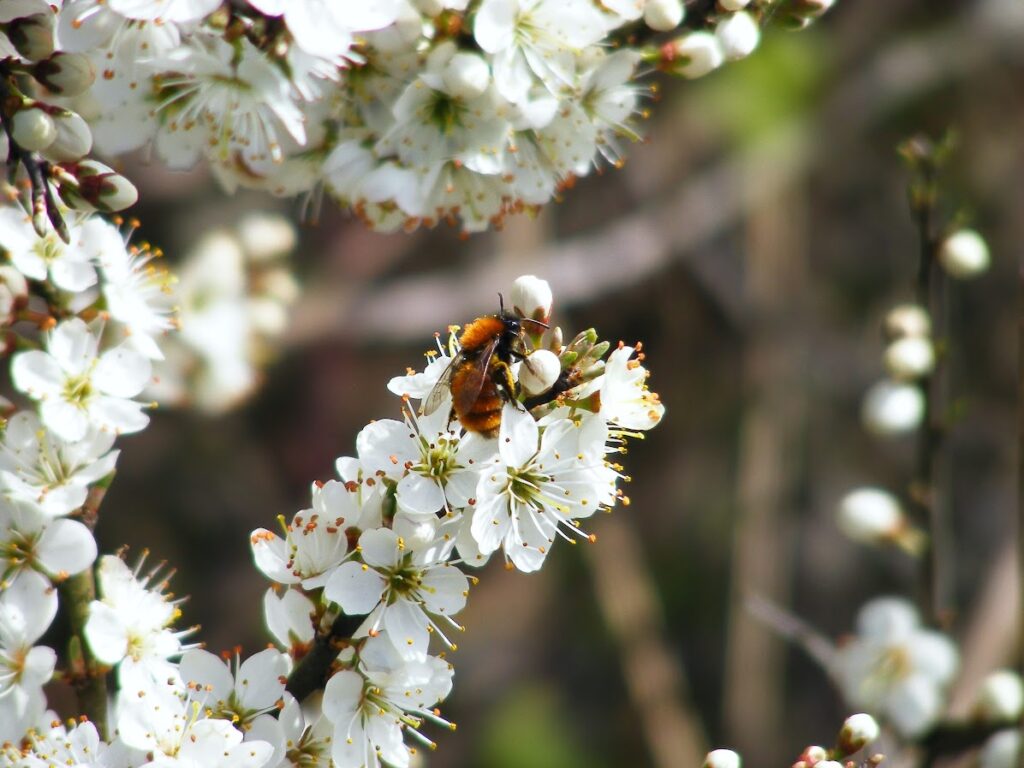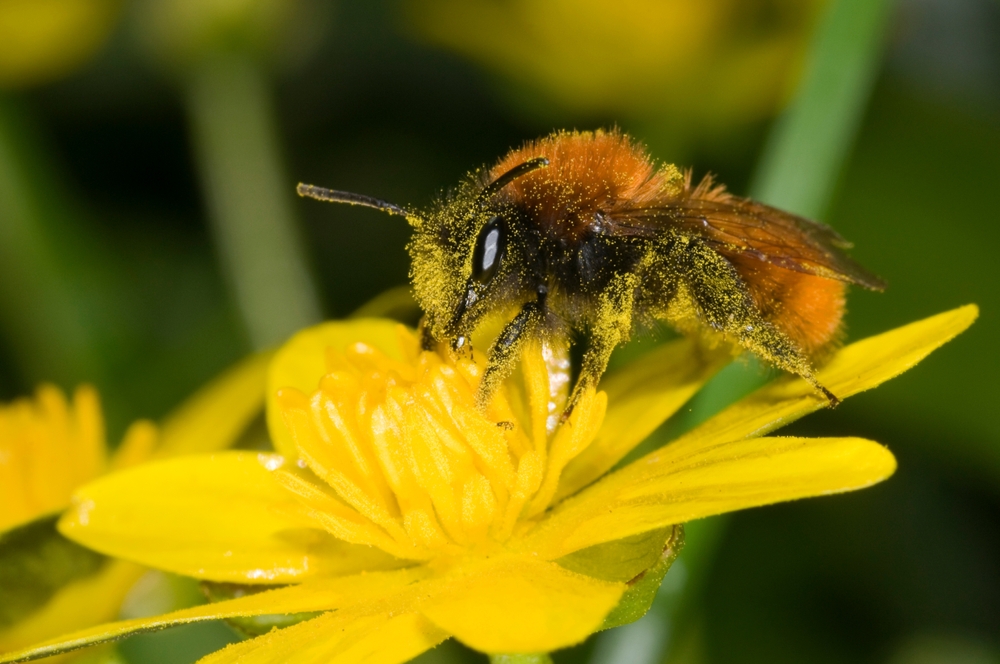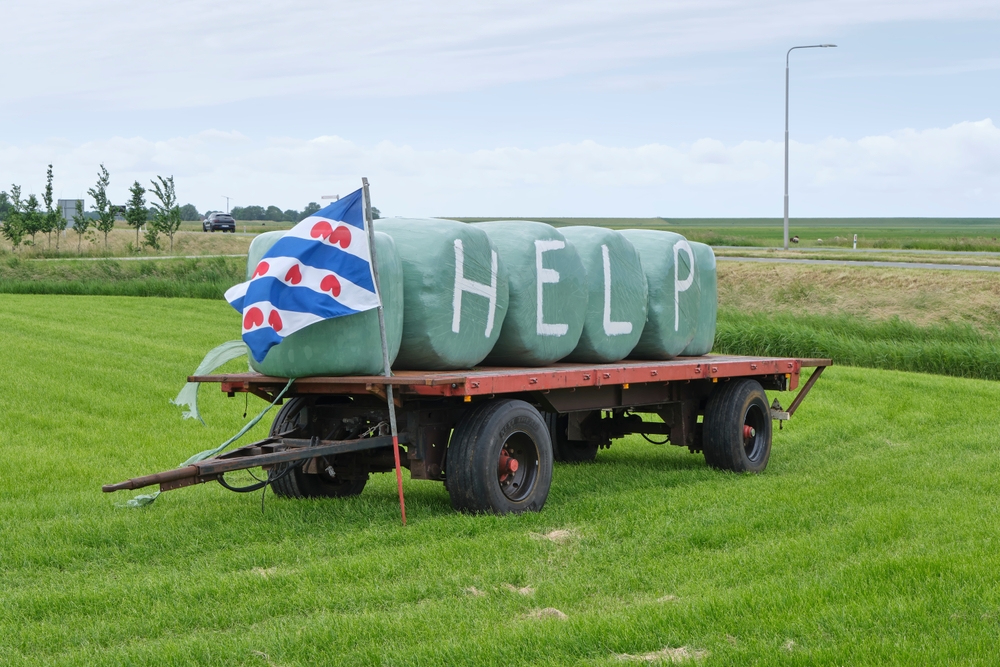Packing a punch: Sturminster Newton’s female boxers bring home gold, silver and ‘Best Fight’ from the world’s largest female boxing tournament

A small but formidable boxing club in the heart of Sturminster Newton is punching well above its weight on the international stage – and it’s the girls in particular who are getting noticed.
The Golden Girl Championship is the world’s largest female boxing tournament, the Golden Girl Championship, is held in February in Borås, Sweden. This year’s event attracted 400 participants from more than 30 countries, showcasing talent across all levels and categories.
Under the guidance of Shaun Weeks, the club’s owner and head coach, five girls travelled from Sturminster Newton to Sweden to compete.
‘This is the fourth time we’ve been,’ says Shaun. ‘The first year we just took Ruby Else-White – she won a gold medal, and was also picked out as the Best Prospect, so they obviously saw something in her even then.
‘The following year, we took two girls, and came home with a gold and a silver. Last year we went with the two Rubys, and came home with another two golds.
‘This year we’ve got more girls in the club, and we were able to take five to Sweden.
‘The youngest is Mollie Callaway, who’s 10. Mariaya Ivanova is 11, Ruby Gibbon is also 11, Courtney Steel is 12 and Ruby Else-White is 17.
‘Mollie, Mariaya and Ruby Else-White all won gold, and Courtney and Ruby Gibbon won silver.
‘Little Ruby Gibbon had to move up a weight group, because there was nobody in her weight category. She boxed a girl from Spain in the final, and lost on split decision, which was harsh. But if she had won, her record would have been five contests, five wins, two Golden Girl Championships … and it would have been very difficult to match her back in the UK! So it wasn’t all bad, and still an amazing achievement. Courtney was boxing the reigning champion from last year, also a Spanish girl, who’s had ten contests and won all ten. Courtney got through the three rounds against a much bigger and more experienced opponent. She did herself proud to get silver.

Best club in Europe
‘Ruby Else-White was moved up a weight category, and was drawn to fight the Icelandic national champion, an 18-year old who was obviously three to four kilos heavier than her.
‘I don’t normally get nervous when I walk into the ring with Ruby, but watching that girl walk across and get her gloves on, I thought to myself: “Oh, she looks big! Ruby’s only five foot tall!”
‘Ruby stopped her in one minute, 20 seconds.
‘And then in the final she boxed Angela De Felice from Switzerland. They’ve already fought four times, Ruby’s won on points on all four occasions – they’re good friends. But both girls stepped it up. Ruby gave Angela two eight counts in the first round, and another in the second, and then the referee stopped it early, which gave Ruby the gold through stoppage. It was actually really disappointing for both the girls. Both are very experienced, neither was getting hurt and it was a good, well-fought contest.
‘At the awards presentation at the end of the whole tournament, Ruby and Angela were presented the Fight of the Year award, which was well deserved.
‘But the icing on the cake was Sturminster Newton ABC being selected as Best Club. It was totally unexpected. I got quite emotional about it.
‘There were 400 contestants and maybe 60 or 70 clubs there from all over Europe. And we won the Best Club Award! I’m so proud of the whole team. Absolutely phenomenal!’
Increasing numbers of girls are joining the boxing club, once the preserve of the town’s boys.
‘When Ruby started, she was the only girl! There are definitely more girls coming to the Beginners Club, our entry point. In the Funbox Club – which is for five to 10 year olds – it‘s probably 40 per cent girls now. But I think that’s not just us, I think that’s true across the whole of boxing. Lots of clubs are seeing an increased interest from girls, and even girls-only tournaments are possible now. There just weren’t enough female boxers to do that even a couple of years ago. It helps that female boxing is being shown on TV now too.’

What’s next for Ruby Else-White?
Ruby will be fighting for a title at the European Championships in Croatia in April, aiming to pick up a third European title.
‘But she could be coming up against girls who are well into their 18th year,’ warns Shaun. ‘She could be giving away nearly two years to the oldest girls in the new age bracket.
‘Then it’s the Tri-Nations again, and then we have our eyes firmly fixed on the World Championships. We’re hoping Ruby will be boxing for a world title at the tail end of the year.’
Ruby Else-White Honours:
3 x MTK Lonsdale Box Cup Champion
5 x Western Counties Champion
National Cadet Champion
Bristol Box Cup Champion
Riviera Box Cup Champion
National Schools Champion
2 x National Junior Champion
2 x GB Tri-Nations Junior Champion
2 x European Junior Champion
European Nations Cup Junior Champion
2 x Women’s Winter Box cup Champion
National Youth Champion
4 x Golden Girls Box cup Champion
24 titles and undefeated for
35 consecutive bouts





















